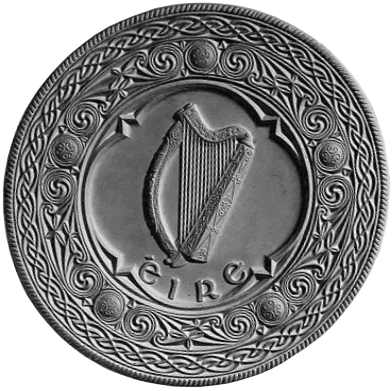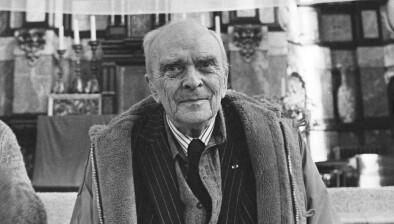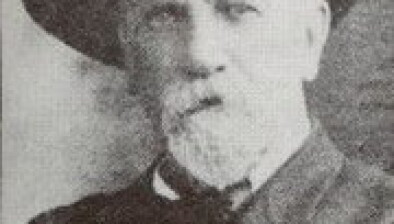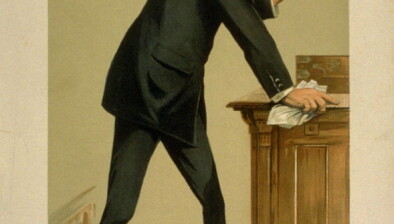Irish Legal Heritage: President Ó’Dálaigh’s resignation

With the sudden passing of Erskine Childers in November 1974, Cearbhall Ó’Dálaigh was nominated as the sole presidential candidate by the three main political parties of the time, becoming the fifth President of Ireland in December 1974. During Ó’Dálaigh’s presidency, Liam Cosgrave served as Taoiseach in the Fine Gael-Labour Government. The tensions between Cosgrave as the leader of Fine Gael, and Ó’Dálaigh as a president with a Fianna Fáil background, ultimately led to a constitutional crisis and Ó’Dálaigh’s resignation.
Born in Bray, Co Wicklow in 1911, Ó’Dálaigh had a distinguished legal career. He called to the Bar in 1934, and became Ireland’s youngest Attorney General in 1946 – making history again in 1953 when he became the youngest-ever Supreme Court judge. He went on to serve as Chief Justice from 1961 until he was appointed as a judge of the European Court of Justice in 1973.
Given his experience, Ó’Dálaigh was aware of the limitations of the office of President; however, Cosgrave was barely prepared to do the minimum required under the Constitution. Cosgrave’s reluctance to meet with the President was described by Ó’Dálaigh as a “grave constitutional default” in breach of the Taoiseach’s obligation to “keep the President generally informed on matters of domestic and international policy” as per Article 28.5.2° of the Constitution.
The tension between Cosgrave and Ó’Dálaigh reached its peak in September 1976, when Ó’Dálaigh decided to refer the Emergency Powers Bill to the Supreme Court. The devastation of the Troubles in Northern Ireland had spilled south of the border, resulting in 34 people being killed by bombs set off by loyalist paramilitaries in July 1976, and the Provisional IRA responding the same month by killing the British Ambassador to Ireland and one of his aides.
As a result of the heightened security risk, the main provision of the Bill extended the power of the Gardaí to detain without charge from two to seven days, and Ó’Dálaigh referred the Bill to the Supreme Court to test its constitutionality. The Supreme Court found that the Bill was in line with the Constitution, and Ó’Dálaigh signed the Bill into law on 16 October 1976.
Defence Minister Paddy Donegan criticised Ó’Dálaigh’s actions for delaying the enactment of the legislation. While giving a speech at a barracks in Mullingar, he called Ó’Dálaigh a “thundering disgrace” – indeed this is the most polite version of Donegan’s words, which were reported to have been closer to “fucking disgrace” or “thundering bollocks”. Either way, Donegan’s insult of the President in front of the Defence Forces led to controversy. Cosgrave’s decision to refuse Donegan’s offer to resign, coupled with a lack of apology on behalf of the Government, resulted in Ó’Dálaigh resigning “to protect the dignity and independence of the presidency as an institution”.
Seosamh Gráinséir










